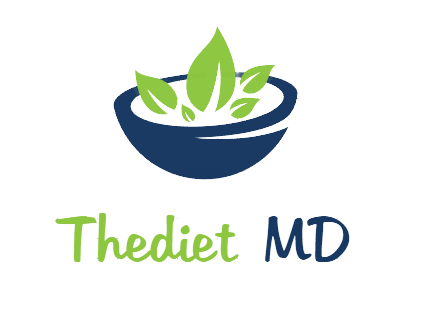Vitamins

Vitamins: Essential Micronutrients for Optimal Health
Vitamins are essential micronutrients that play vital roles in maintaining our overall health and well-being. Without enough of these essential nutrients, our bodies can become weak and susceptible to a variety of illnesses and diseases. In this article, we will explore some of the most important types of vitamins and their functions in the human body.
Vitamin A: Eye, Skin and Immune Support
Vitamin A is a fat-soluble vitamin that is essential for maintaining healthy eyesight, skin, and immune function. It is also important for cell growth and development. Foods rich in vitamin A include carrots, sweet potatoes, spinach, and liver. A deficiency in vitamin A can lead to night blindness, dry eyes, and a weakened immune system.
Vitamin B1: Energy Metabolism
Vitamin B1, also known as thiamine, is a water-soluble vitamin that plays a crucial role in energy metabolism. It helps the body convert food into energy and is essential for proper brain and nerve function. Foods rich in vitamin B1 include whole grains, nuts, and seeds. A deficiency in vitamin B1 can lead to fatigue, muscle weakness, and neurological problems.
Vitamin C: Antioxidant and Collagen Production
Vitamin C is a water-soluble vitamin that acts as an antioxidant in the body, helping to protect against damage caused by free radicals. It is also essential for the production of collagen, which is important for healthy skin and connective tissue. Foods rich in vitamin C include oranges, strawberries, kiwi, and bell peppers. A deficiency in vitamin C can lead to scurvy, a condition characterized by bleeding gums and easy bruising.
Vitamin D: Bone Health and Calcium Absorption
Vitamin D is a fat-soluble vitamin that is essential for bone health and calcium absorption. It can be obtained through exposure to sunlight, as well as through certain foods such as fatty fish and fortified dairy products. A deficiency in vitamin D can lead to weakened bones and an increased risk of osteoporosis.
Vitamin K: Blood Clotting
Vitamin K is a fat-soluble vitamin that plays an important role in blood clotting. It helps the body form clots to stop bleeding and is also important for bone health. Foods rich in vitamin K include leafy green vegetables, broccoli, and Brussels sprouts. A deficiency in vitamin K can lead to excessive bleeding and an increased risk of osteoporosis.
Vitamin E: Antioxidant and Skin and Immune Support
Vitamin E is a fat-soluble vitamin that acts as an antioxidant in the body, protecting against damage caused by free radicals. It is also important for healthy skin and immune function. Foods rich in vitamin E include almonds, sunflower seeds, and avocado. A deficiency in vitamin E can lead to neurological problems and an increased risk of heart disease.
In addition to these vitamins, other vitamins are important for maintaining good health. Vitamin B1, C, D, K, E are some of the most important vitamins that must be included in our daily diet. These vitamins have different functions in our body and it’s necessary to have a balanced diet which contains all types of vitamins. A balanced diet and regular exposure to sunlight can help ensure that you get enough of these essential nutrients. However, in case you are facing deficiency in any of these vitamins, taking supplements and consulting with a doctor is recommended.
Reference:
https://www.health.harvard.edu/staying-healthy/listing_of_vitamins
https://ods.od.nih.gov/factsheets/list-VitaminsMinerals/
https://www.nccih.nih.gov/health/vitamins-and-minerals
